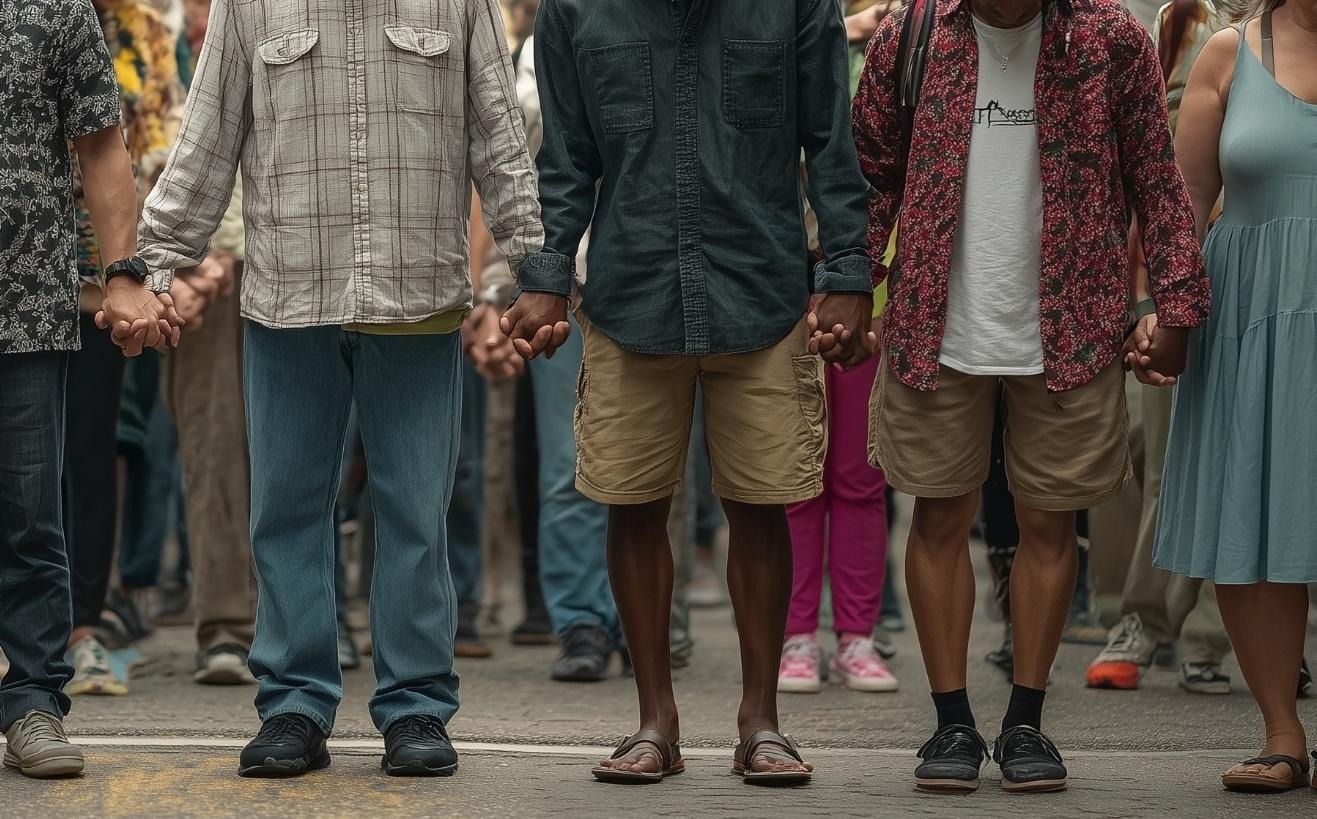Igor Domsac | June 26, 2025
Every June 26, the United Nations commemorates the International Day Against Drug Abuse and Illicit Trafficking, a date that has historically been used to reinforce discourses of control and punishment surrounding psychoactive substances. However, in recent years, this day has been reappropriated by civil society organizations around the world to highlight the devastating consequences of repressive policies and demand approaches focused on health, human rights, and social justice.
In this context, the global campaign “Support. Don’t Punish” emerged, a movement that transforms the meaning of June 26 into a call for compassion, evidence, and dignity. At ICEERS, we have joined Harm Reduction International, Amnesty International, and more than a hundred allied organizations to demand urgent change: an end to the death penalty for drug-related crimes.
We are also joining the campaign through the local work we have been doing for over a decade in Barcelona, organizing together with CATNPUD (the Catalan Network of People Who Use Drugs) the event on June 26 as part of this international mobilization. The campaign, initially promoted by IDPC (International Drug Policy Consortium), is essential for raising awareness of alternatives and strengthening a global movement that demands more humane and effective policies.
Together with this international alliance, we have endorsed a joint statement addressed to the United Nations Office on Drugs and Crime (UNODC) and the Commission on Narcotic Drugs (CND), demanding that they explicitly condemn this practice and take immediate action to ensure compliance with international human rights safeguards.
Policies that kill
Currently, at least 35 countries contemplate the death penalty for drug crimes, and several actively apply it. This extreme form of punishment is not only disproportionate, but also violates fundamental principles of international law, including the right to life and to a fair trial. As documented by Harm Reduction International, the year 2024 presented a particularly alarming picture: executions for drug-related crimes were recorded in Iran, Saudi Arabia, Singapore, and China. These practices disproportionately affect people in vulnerable situations, such as women, ethnic minorities, or people in contexts of social exclusion.
At ICEERS, we work to transform drug policies from a comprehensive perspective that respects human rights, public health, and cultural diversity. Our work focuses especially on providing legal defense and psychosocial support to people who use traditional psychoactive substances, which are often criminalized under legal frameworks that do not consider their cultural or therapeutic value.
For this reason, the “Support. Don’t Punish” campaign resonates deeply with our mission. Instead of addressing substance use through punishment and criminalization, this international initiative focuses on compassion, social justice, and respect for human rights. Punitive responses, in addition to being ineffective in reducing the harms associated with substance use, perpetuate stigma, fuel marginalization, and cause avoidable suffering in already vulnerable communities. In the face of this obsolete paradigm, we are committed to models of regulation based on scientific evidence and intercultural dialogue, which prioritize life, health, mutual care, and respect for autonomy, both individual and collective. We believe that the time has come to replace fear and punishment with more humane policies focused on people’s well-being and the construction of more just and inclusive societies.
A call for sanity
The joint statement we have endorsed sends a very clear message: UNODC and the CND must assume their responsibility and explicitly condemn the death penalty for drug-related crimes. We cannot allow neutrality in the face of human rights violations. The legitimacy of these bodies depends on their consistency with the principles they claim to promote.
This call to transform control policies cannot be separated from a broader reflection on justice and legal plurality. As the UN Special Rapporteur on the rights of Indigenous peoples has reminded, States must recognize and respect Indigenous justice systems as an integral part of the protection of collective rights and self-determination. In contexts where the use of psychoactive plants is part of traditional practices, criminalization not only violates individual rights, but also denies the value of ancestral normative systems. Ignoring this dimension constitutes a form of structural violence that reinforces exclusion and delegitimizes knowledge that is fundamental to community balance.
On June 26, we raise our voices with firmness and conviction: support, don’t punish! Because no one, anywhere in the world, should face the death penalty—or any other cruel, inhuman, or disproportionate punishment—for a drug-related offense. Because laws cannot continue to fuel institutional violence, fear, and exclusion. Because policies must care, not repress; they must accompany health processes, not criminalize those who use substances; they must prioritize life and dignity, not punish vulnerability. Today we say it loud and clear: enough with useless punishments, enough with avoidable suffering! Repression solves nothing. On the contrary, it is at the heart of the problem. Punishment does not heal. Punishment destroys.
Categories:
Noticias
, NEWS
Tags:
United Nations
, drug policy
, prisión
, Comisión de Estupefacientes
, muerte
, CND

